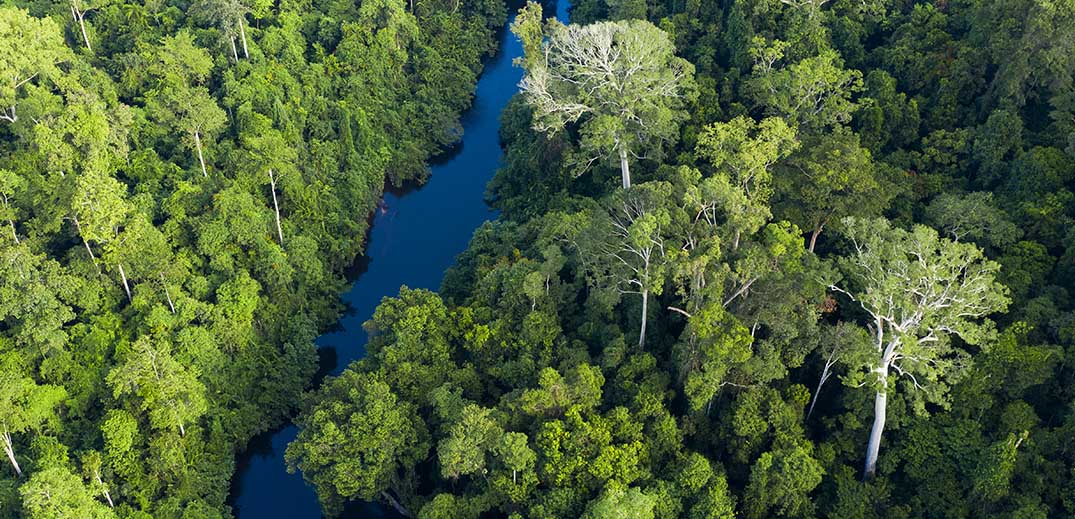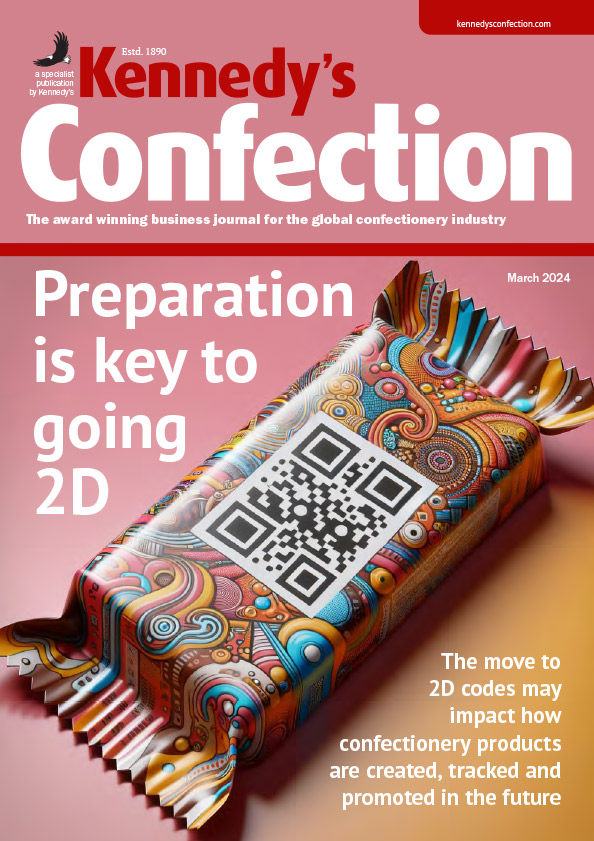Nestlé has announced that it plans to support the protection and restoration of over 500,000 hectares of tropical forest landscapes in Southeast Asia through the launch of Rimba Collective, the largest private sector forest conservation initiative.
The programme has been developed by Lestari Capital in collaboration with founding partners including Nestlé, PepsiCo, Procter & Gamble and Wilmar. Lestari Capital is an enterprise that connects markets to conservation – it finances outcomes on the ground through ethical and efficient mechanisms, to support the adaptation of more equitable market systems.
Rimba Collective is an initiative led by buyers and processors of palm oil to support long-term, sustainable conservation, and restoration of forests. It aims to provide $1 billion (USD) to protect or restore 500,000 hectares of forest, supporting 32,000 individuals in forest communities in Southeast Asia over 25 years, starting in Indonesia.
The initiative is aimed at forest conservation investments that simultaneously support forest protection as well as economic development and job creation for local communities.
Benjamin Ware, Global Head of Sustainable Sourcing and Climate Delivery, Nestlé, commented: “We know that addressing deforestation in our palm oil supply chain is not enough. For a lasting and meaningful impact, we are evolving from a no-deforestation strategy to a ‘forest-positive’ one.
“This means we will buy from suppliers who are actively conserving and restoring forests while promoting sustainable livelihoods and respecting human rights. Our involvement in the Rimba Collective will enable us to speed up our proactive efforts to protect forests and peatlands as well as human rights. It is an important pillar to achieve our commitment to zero net greenhouse gas emissions by 2050.”
The initiative will mainly focus on projects in Indonesia before expanding to other areas across Southeast Asia. Projects will be prioritised based on their potential to protect and restore large, continuous areas of natural ecosystems and critical habitats. Other priorities include generating measurable ecosystem benefits (such as keeping more carbon in the ground, purifying water and improving soil health) and making livelihoods more resilient for local communities.
Michal Zrust, Co-Founder, Lestari Capital, added: “The mechanism has been developed jointly together with the Rimba Collective’s founding partners and is the first of its kind. By linking conservation funding directly with company operations, it has the potential to be a game changer for forest protection and restoration.
“It directly complements existing efforts by other groups to build more sustainable palm oil supply chains, and we are offering the opportunity for other major companies in agricultural commodity supply chains to participate.”







